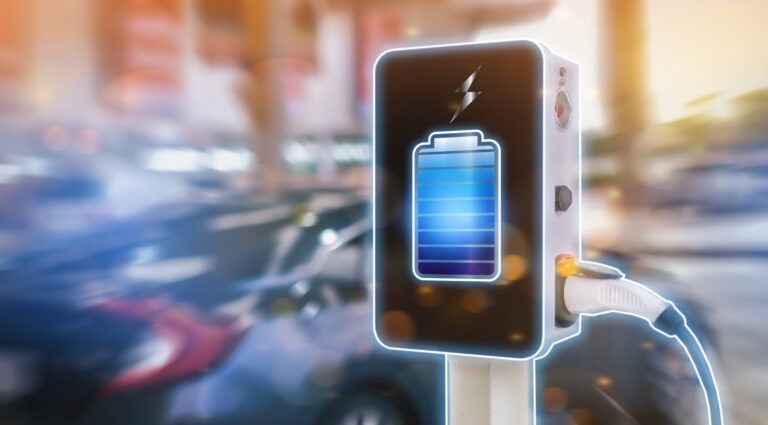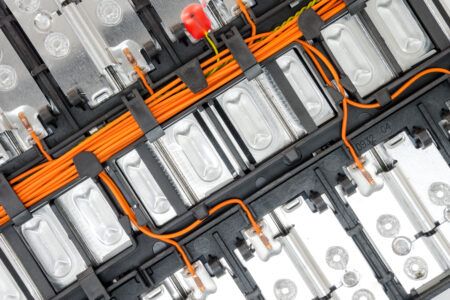The UK’s first large-scale merchant lithium refinery is being created in Teeside, which will create a supply of low-carbon, battery-grade lithium chemicals to help meet Europe’s growing demand.
The refinery, which is being created by Green Lithium, will have the capacity to produce 50,000 tonnes of battery-grade lithium a year – meeting six percent of Europe’s anticipated battery demand by 2030. This is enough to help produce one million electric vehicles annually.
By enabling cathode, battery cell and electric vehicle manufacturing, it will facilitate decarbonization objectives, green jobs, and long-term economic prosperity.
“Current lithium refining capacity in Europe doesn’t match the increasing demand for battery-grade lithium chemicals, which is projected to grow to 800,000 tonnes by 2030. So, this project is a step towards meeting demand and accelerating local lithium production,” said Ross McPherson, Senior Vice President, Chemicals, Fuels and Resources, EMEA, Worley.
“Green Lithium is enabling our planet’s transition to sustainable energy by increasing the supply of low-carbon lithium chemicals to meet increased global demand. There is currently no lithium refining capability in Europe. Without localised supply, the automotive and battery manufacturing sectors in the UK and EU will fail. Critically, Green Lithium will use a world-leading, sustainable, and low-carbon refining process, which has an 80 percent lower carbon footprint than traditional refineries in existing markets,” said Sean Sargent, CEO, Green Lithium.
“We have assembled an exceptional team, driving toward commissioning our refinery in 2025, and we are pleased to be working with Worley as an important delivery partner” Sargent continued.
Worley will provide engineering services for front-end loading of various supporting components of the plant’s technology system. This will involve developing the balance of engineering, supporting critical planning, and permitting activities, general constructability, and developing philosophy documents for controls systems and automation.
“Collaboration in Europe could accelerate sustainable lithium refining. This will help markets dependent on battery-grade lithium to secure reliable feedstock and build sustainable technology vital to the energy transition. These are important steps on the journey to delivering a more sustainable world,” said McPherson.





